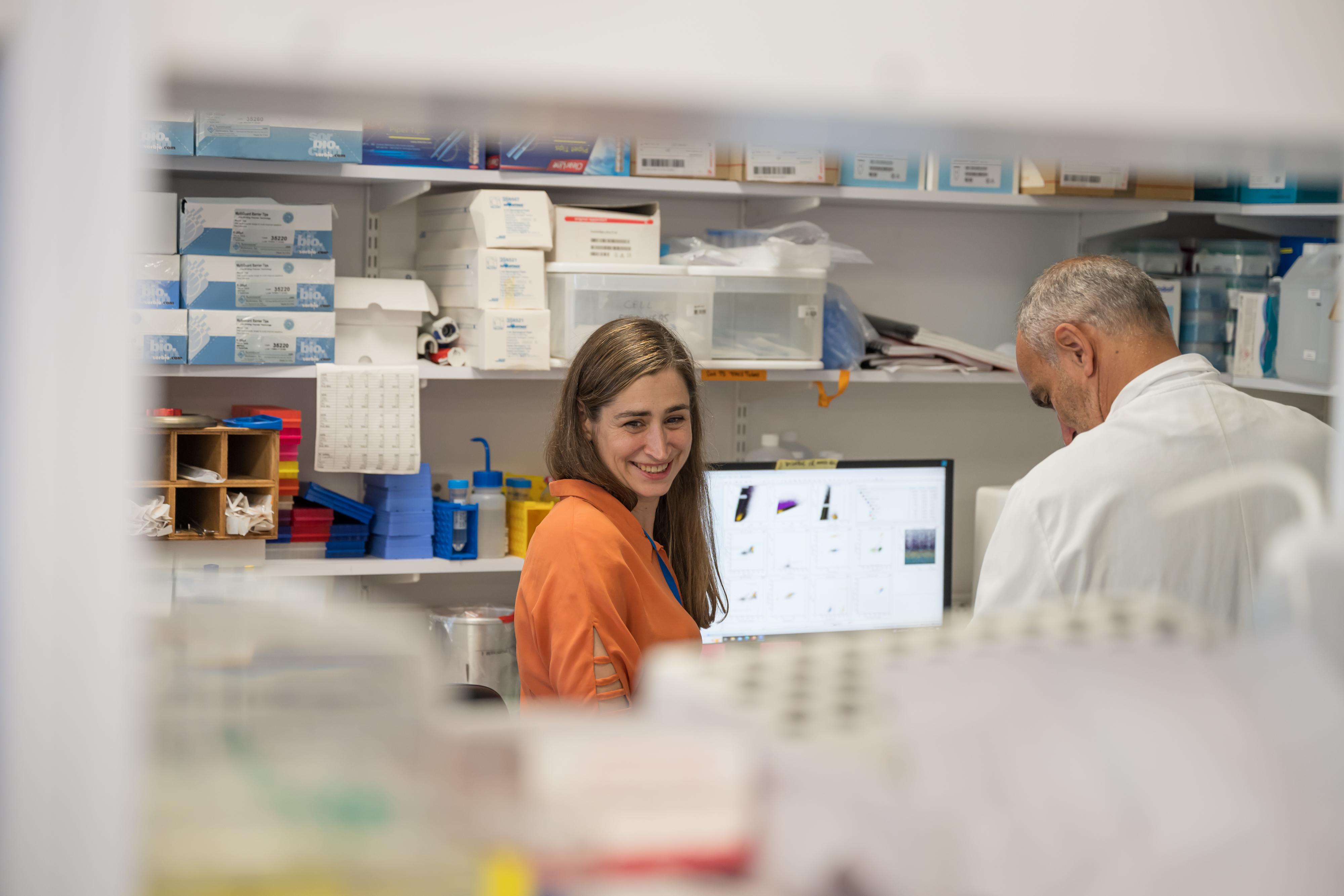Late periods, contraception or pregnancy tend to extend women’s life expectancy, according to a European cohort study.

Variations in a woman’s life can be good! Pregnancy, oral contraception, late first menstruation are all elements that positively influence longevity. This is the result of the European EPIC cohort study, the results of which are published in the journal BMC Medicine.
Half a million adults from several European countries, including France, took part in this work. Among them, 366,000 women aged 27 to 70 when they joined the EPIC cohort. The researchers retrieved data from women who died after inclusion, and compared it to those of the surviving participants. The goal: to determine which factors affect longevity.
And the major elements of life influence life expectancy. If the first period occurs after 15 years, the risk of death during follow-up is reduced by 10%. But this association disappears when the body mass index (BMI) is higher than normal.
A hormonal mechanism?
The benefit is also observed in non-smoker or weaned women who take oral contraception, as well as those who are breastfeeding. However, the French women were less likely to breastfeed than the other volunteers in the cohort.
But it is the pregnancy that plays the most on longevity. Compared to nulliparous women, women with children are 20% less likely to die during follow-up. The probability changes with age at the time of childbirth: it is better to get pregnant between the ages of 26 and 30, according to the results. Below and below this threshold, the risk is increased by 10% and 8% respectively.
“These results highlight a possible hormonal mechanism which would explain the link between pregnancy, breastfeeding, the use of oral contraception, a late age of the first menstruation, and a reduced risk of mortality,” say the authors. These results have yet to be confirmed. If so, they would allow better monitoring and adaptation of cancer and cardiovascular disease prevention strategies.
.
















